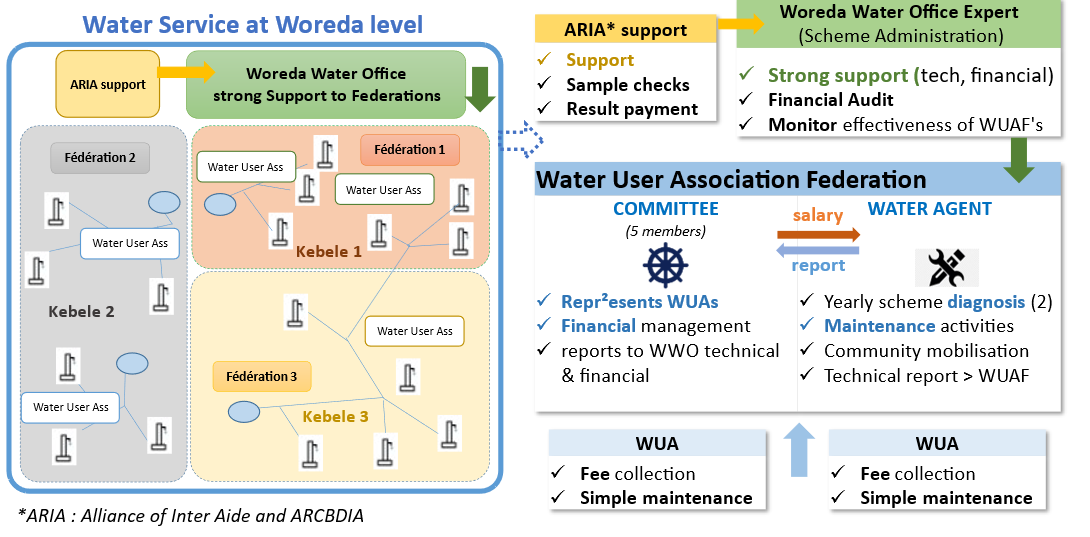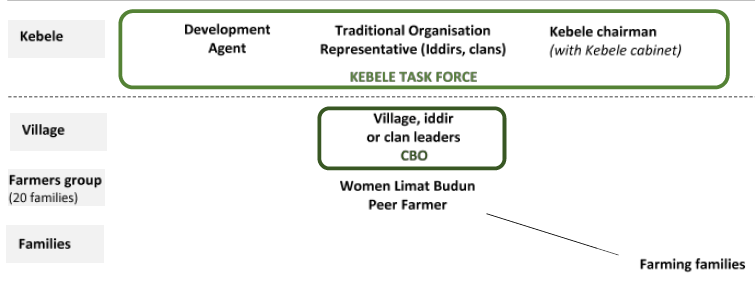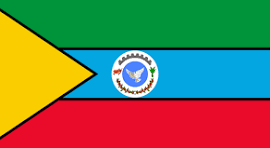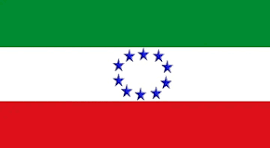Table of Contents
Synthetic presentation of the PROCEED program
Background
The PROCEED programme aims to scale up proven practices for improving soil and water conservation, agricultural diversification, and water services quality in mountainous regions. This is achieved through the transfer of knowledge to local institutions, with a peer-to-peer approach as a key method for knowledge sharing. By building on sustainable Soil and Water Conservation (SWC) practices and innovative water supply systems, the programme supports rural families to enhance agricultural productivity, improve soil fertility, manage natural and water resources, increase their resilience and food security, particularly through women’s empowerment. With the support of Inter Aide and RCBDIA (Rural Community Based Development Initiative Association), organised within the “ARIA” consortium, regional and local institutions are implementing existing innovative technical and organisational solutions.
Objectives
Overall objective: Improve the resilience of farming families and preserve mountain areas in southern Ethiopia through strengthened local capacities.
Specific objectives:
- Improve the expertise of local stakeholders to restore, manage and protect their ecosystems while improving the food-security, socio-economic situation and resilience of the farming families of two mountainous Regions of southern Ethiopia.
- Facilitate sustainable new investments to increase access to safe water for the rural families and their livestock and ensure a lasting improvement of water supply services.
- Stimulate the emergence of innovative responses to social, economic, environmental and climatic challenges through a dynamic research/action process.
Main components of the program
The activities of PROCEED are made up of two technical components that are within the mandate of the Local Institution:
- Water services. The main objective is to strengthen the capacities of Water User Associations (WUA) and their federation (WUAF) to ensure the maintenance of their water service, and to invest in new water networks based on the evidence of performance of the water service.
- Soil and Water Conservation. The main objective is to strengthen the soil and water conservation in the farmlands by developing grass hedges contributing to produce fodder. This component is based on the capacity and commitment of the local communities.
The technical processes of these two components are described in the technical procedures WS (Water Service) and SWC (Soil & Water Conservation) as well as corresponding sustainability measures to be implemented.
Implementation and main activities
The PROCEED program is implemented by the two relevant bureaus (BoW and BoA) of the South and Central supported by a technical assistance provided by ARIA, with the following main activities:
- Disseminate fodder to farmers in the highlands and midlands through the multiplication and distribution of fodder plants with the Farmer Training Centers (FTC).
- Support the protection of farms through the construction of durable vegetated SWC structures.
- Ensure the long-term functionality of the water system through the professionalization of the WUAF.
- Invest in the maintenance of water supply systems where evidence of proper management has been demonstrated.
Cross-cutting support activities will be supported by (i) an administrative and financial technical assistance support to the 2 regions for BoA and BoW, in particular financial support, procurement and reporting, and (ii) regular audits.
Expected outcomes
- More communities benefit from improved water supply services, thanks to a more accurate cartography of watersheds and the definition of needs with the communities, an improved design of the water points and schemes, the development of certifications for robust contractors, and the mobilization of communities and women for an efficient monitoring and maintenance of the water schemes through Federations.
- More highlands and midlands smallholder farmers benefit thanks to the access to fodder and the support from the regional and local authorities to develop efficient soil and water conservation technics, develop soil fertility, create opportunities for women to develop revenues through fodder, cattle productivity, etc.
- Conservation of the soil in highlands and midlands, through vegetated anti-erosion structures, and open-grazing control.
- Women’s empowerment for fodder distribution and multiplication, livestock management and water schemes’ management through grassroots associations (Limat Buddin), peer to peer mechanisms, Water associations and federations.
Administrative organisation of the Regions and main field actors for the tow project components
The following table presents the current administrative organisation at of the Regions
- Institutions Involved
| Level | Administration | Finance | Agriculture Actors | Water Supply Actors |
|---|---|---|---|---|
| Federal | Federal Government | Ministry of Finance (MoF) | Minister of Agriculture (MoA) | Minister of Water and Energy (MoW) |
| Region | Regional Administration | Bureau of Finance (BoF) | Bureau of Agriculture (MoA) | Bureau of Water (BoW) |
| Zone | Zonal Administration | Zonal Finance Department (ZFD) Manages pool fund | Zonal Agriculture Department (ZAD) | Zonal Water Department (ZWD) |
| Woreda (District) | Woreda Administration | Woreda Finance Office (WFO) Manages pool fund | Woreda Agriculture Office (WAO) | Woreda Water Office (WWO) |
| Kebele (Commune) | Kebele Council | Kebele Agricultural Head (KAH) + 4-5 Development Agent (DA) | WUAF (Federation) | |
| Gote (Village) | Community Based Organisation (CBO) Limat Budun (LB) Peer Educators (PE) | WUA (User Association) |
Water Service (WS)
The following figure presents the main actors of the Water Service:
- The users are organised in Water Users’ Association (WUA) around one or several water points and a Federation (WUAF) is established with at least two WUA. The role of the WUA is to collect the fees and the role of the Federation is to organise the maintenance. The Federation is led by a committee and employs a Water Agent in charge of the diagnosis and the first level of maintenance.
- These community-based actors (WUA and WUAF) are supported by Woreda Water Office (WWO), governmental expert providing a technical support for the maintenance and perform financial audit.
- The Woreda Water Office is supported by the Zone Water Department.
Organisation of the Community based Professional Water Service

Soil and Water Conservation (SWC)
The SWC support at Kebele level is based on the following actors:
- Farmers groups with women Limat Budun (Development group) and Peer farmers,
- The community-based organisation at the village level (Iddir, Clan, elders…),
- The coordination by the Kebele Task Force linking all key actors of Kebele level.
Organisation and actors of the SWC service

Key dates
The key dates of the program, at the day of approval of the MoP, are the following ones:
- December 2023: Program approval by the AFD.
- July 2024: Signature of the General Principle MoU with each region.
- December 2024: Signature of the Financial Agreement by the MoF
- June 2025-October 2025 : Signature of the on granting agreement between the MoF and each region
- S1 2025: Approval of MoP by South and Central Region.
- July 2025 – June 2026: Joint management of the PROCEED to test technical and managerial processes (on ARIA budget)
- July 2026 – June 2029: Implementation by Regions with ARIA technical support
The deadline for the end of the program as defined in the financial agreement are;
- Technical Completion Date: 1st July 2029;
- Deadline for Drawdowns: 1st January 2029;
- Deadline for Use of Funds: 31st December 2029.

